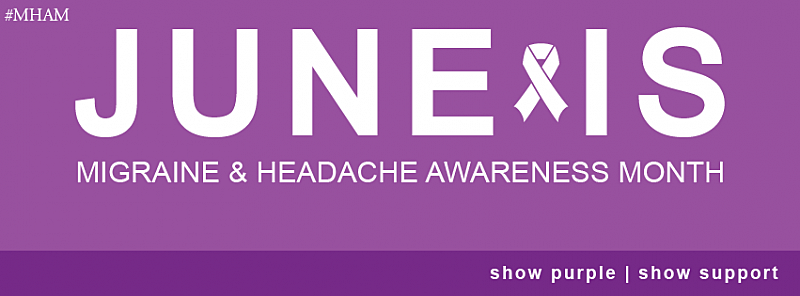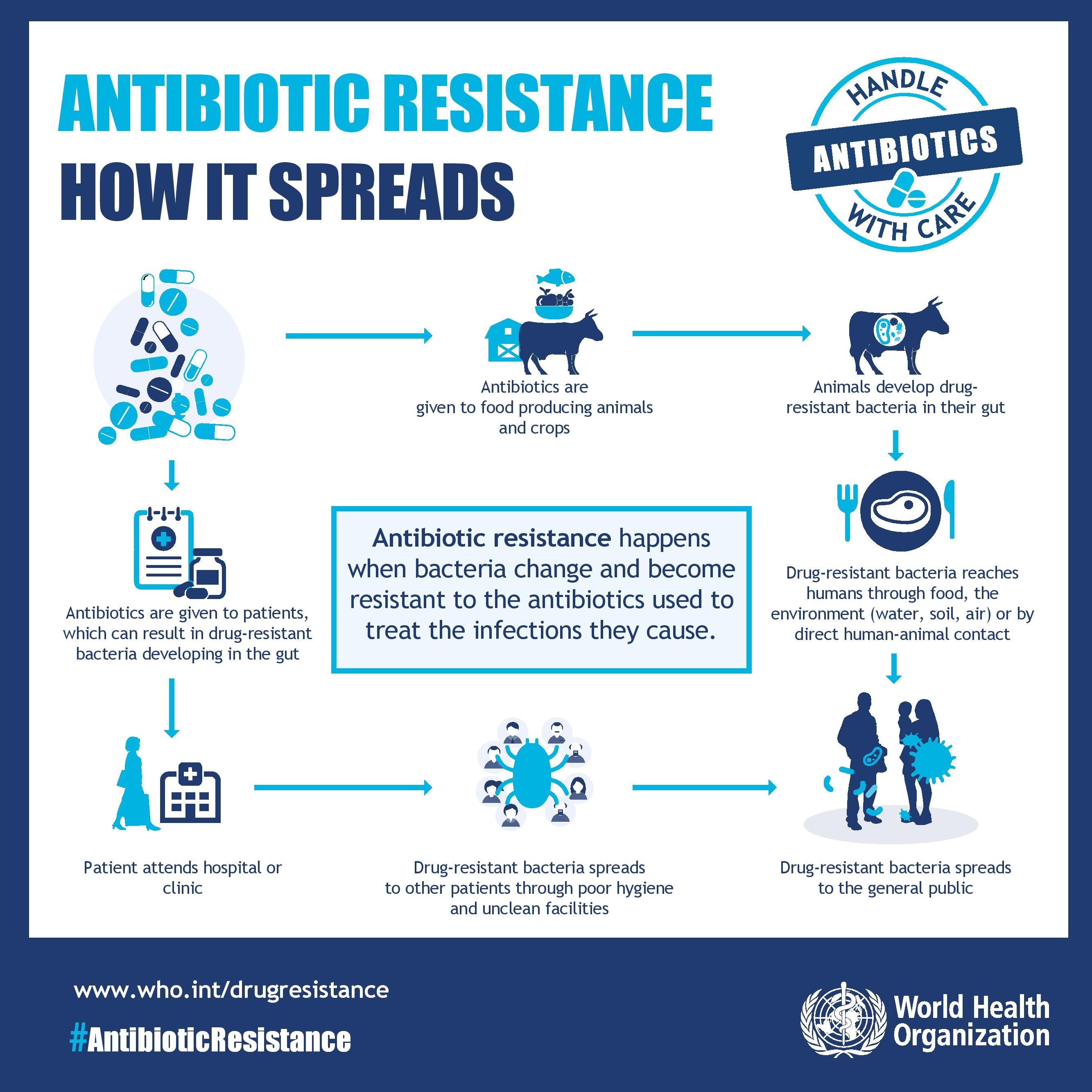June is Migraine Awareness Month – please like and share this Facebook cover on social media! But what are the facts about migraines? Migraine Action , a UK based charity, told us ?
1. One in seven people in the UK suffer from migraine.
2. Two thirds of people who have migraines are women.
3. It affects people of any age including younger children.
4. Migraine costs the UK more than £2 billion per annum.
5. The WHO consider it to be a major cause of disability.
6. An attack can last for between 4 and 72 hours. However other migraine symptoms can last for longer as they can occur before or after the main attack phase.
7. Sufferers experience an around of 13 attacks each year.
8. Other symptoms of a migraine can include:
visual disturbances (flashing lights, blind spots in the vision, zig zag patterns etc).
nausea and / or vomiting.
sensitivity to light, noise and smells
tingling / pins and needles / weakness / numbness in the limbs.
9. At least 60% of sufferers never consult their GP because they mistakenly think that nothing can be done to help them. There are a wide range of effective treatments now available including new products introduced during the past year.
10. Migraine is triggered by a wide variety of factors! For most people there is not just one trigger but a combination of factors which individually can be tolerated but when they all occur together a threshold is passed.




